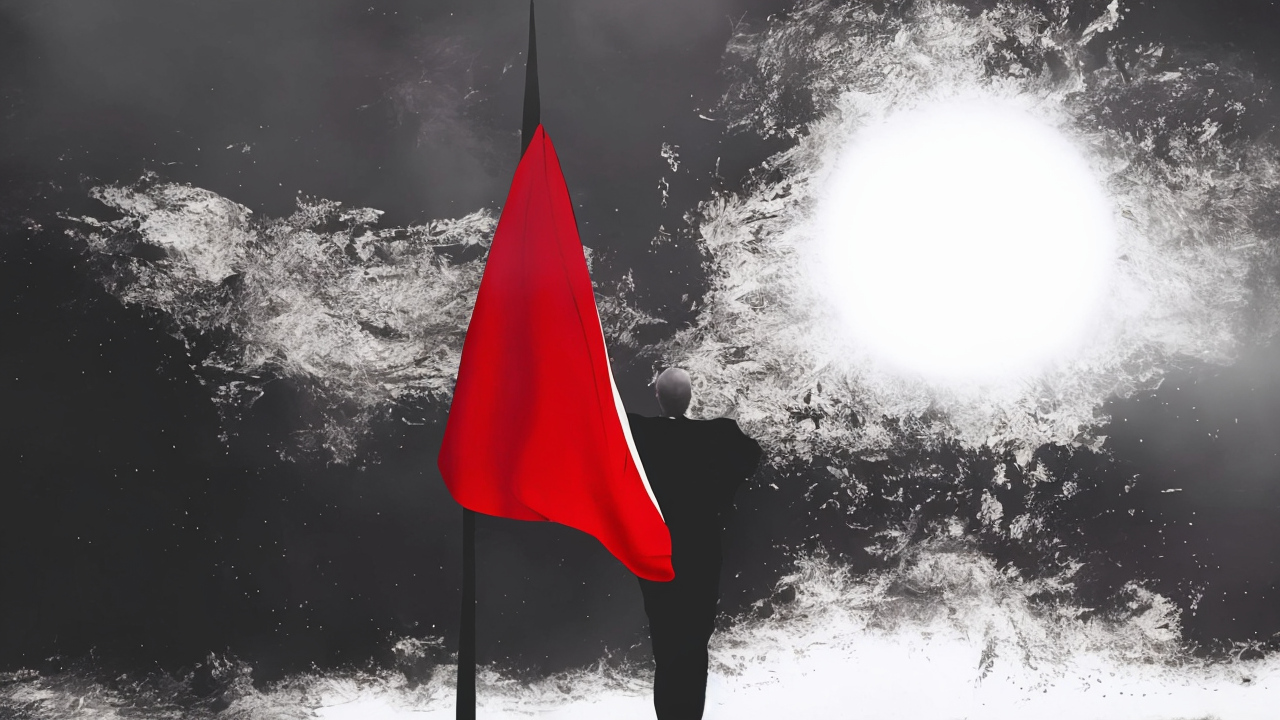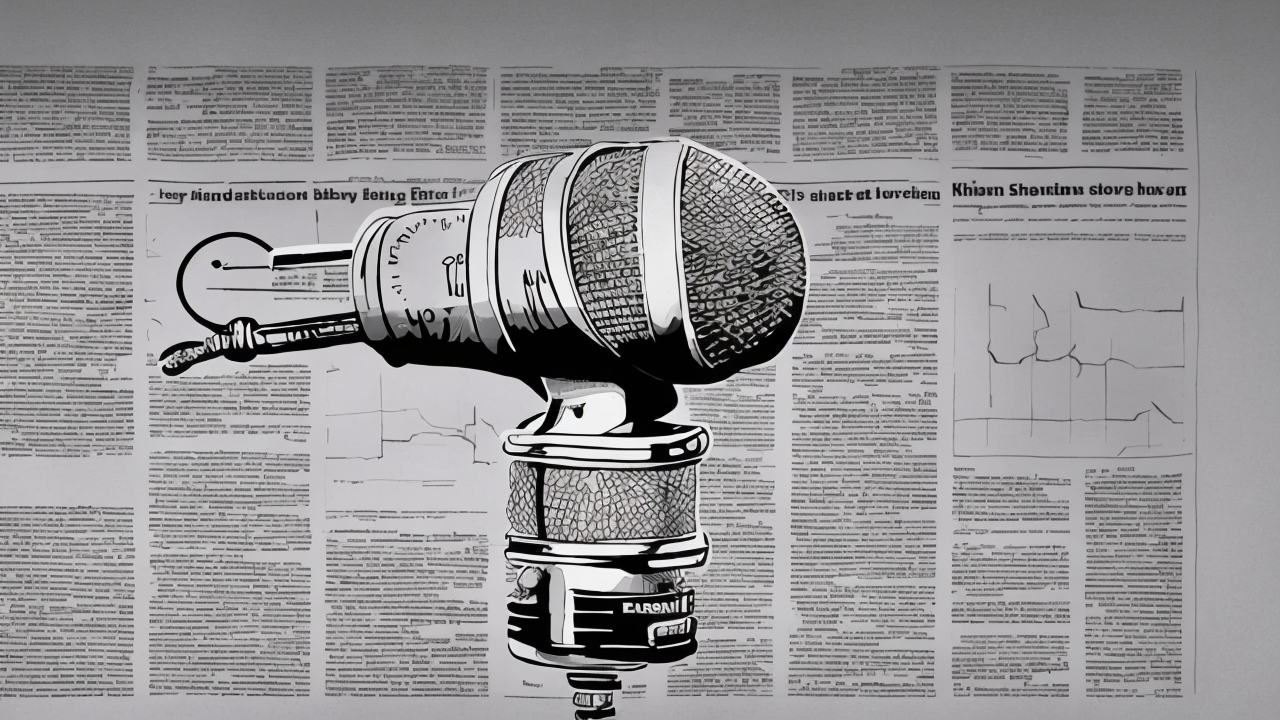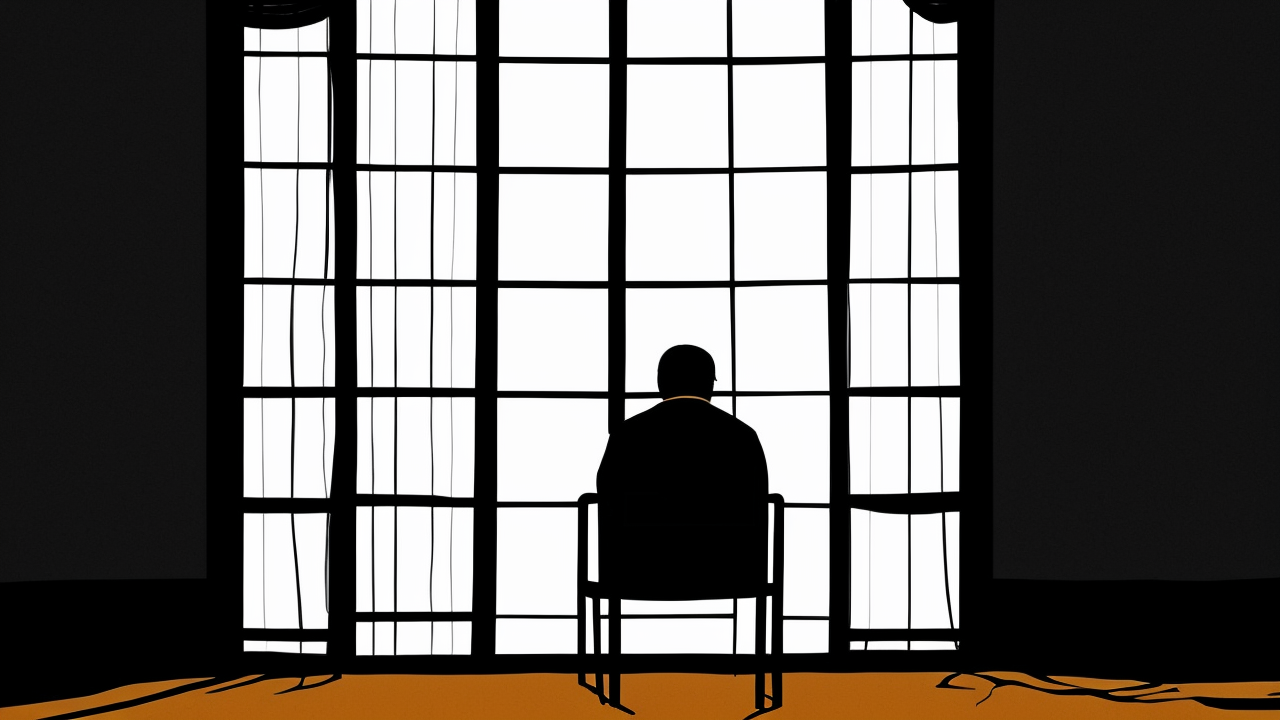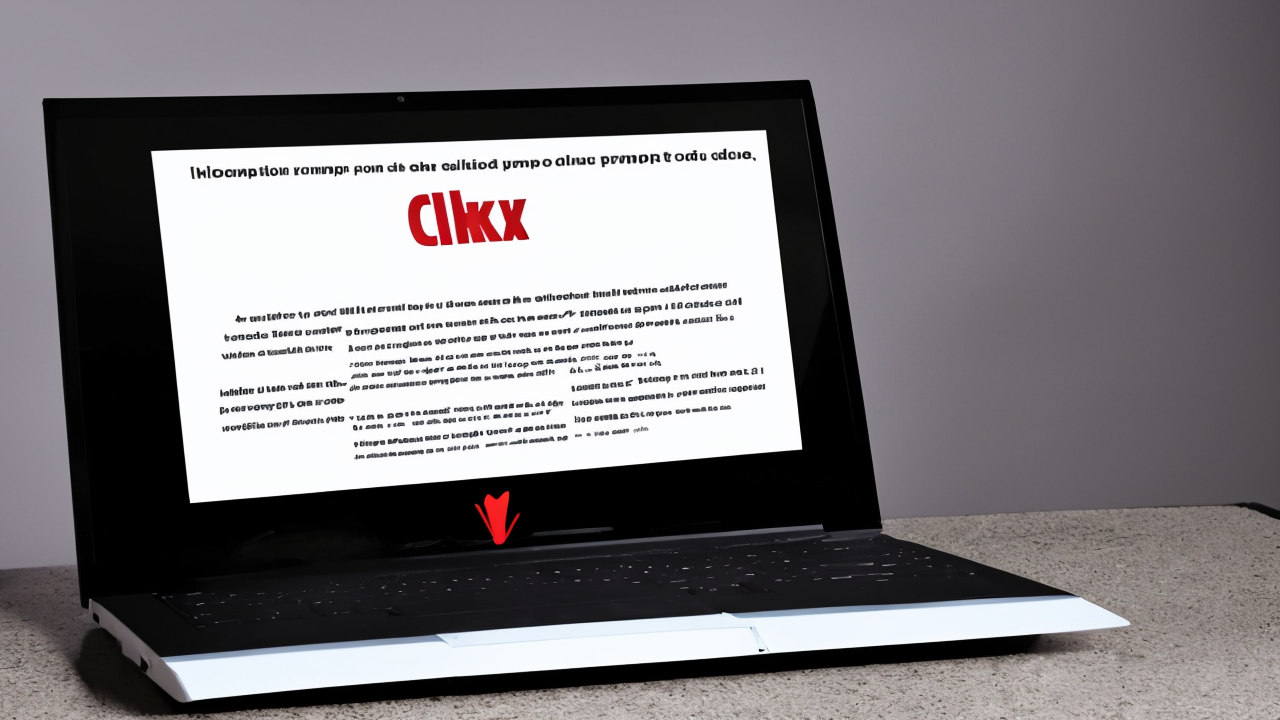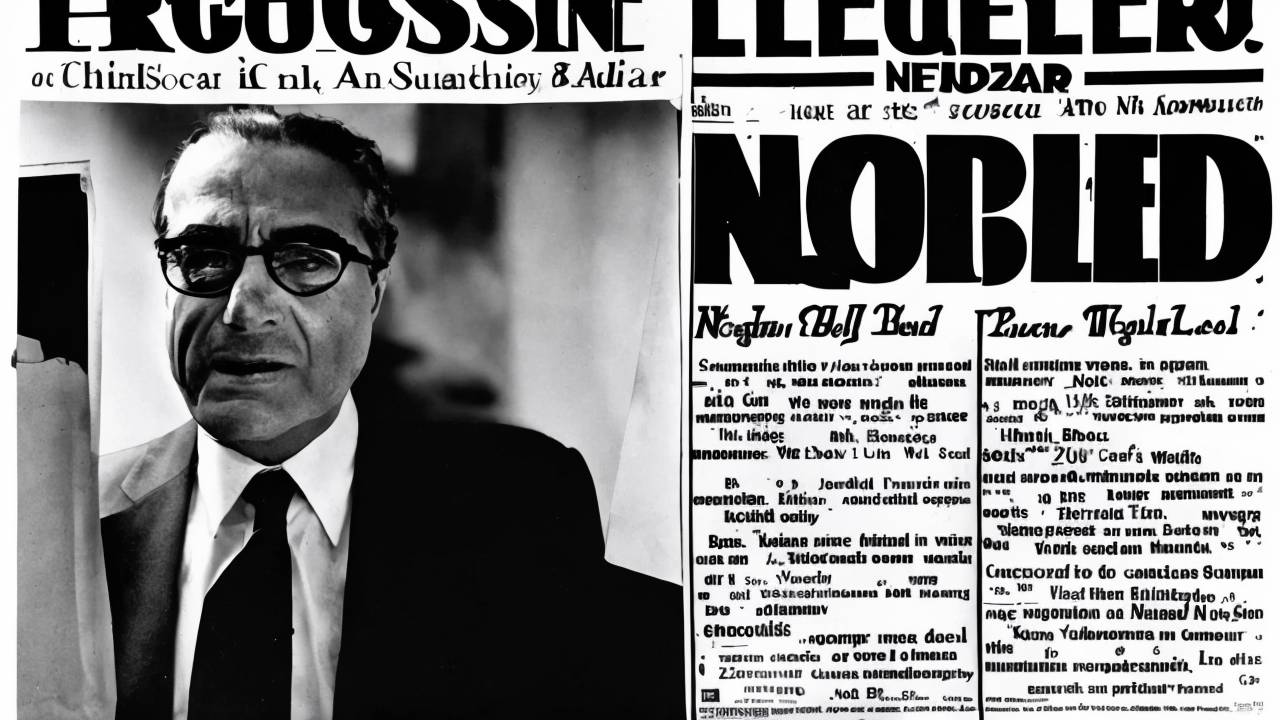Christian Persecution in Nigeria and Europe: A Call to Action
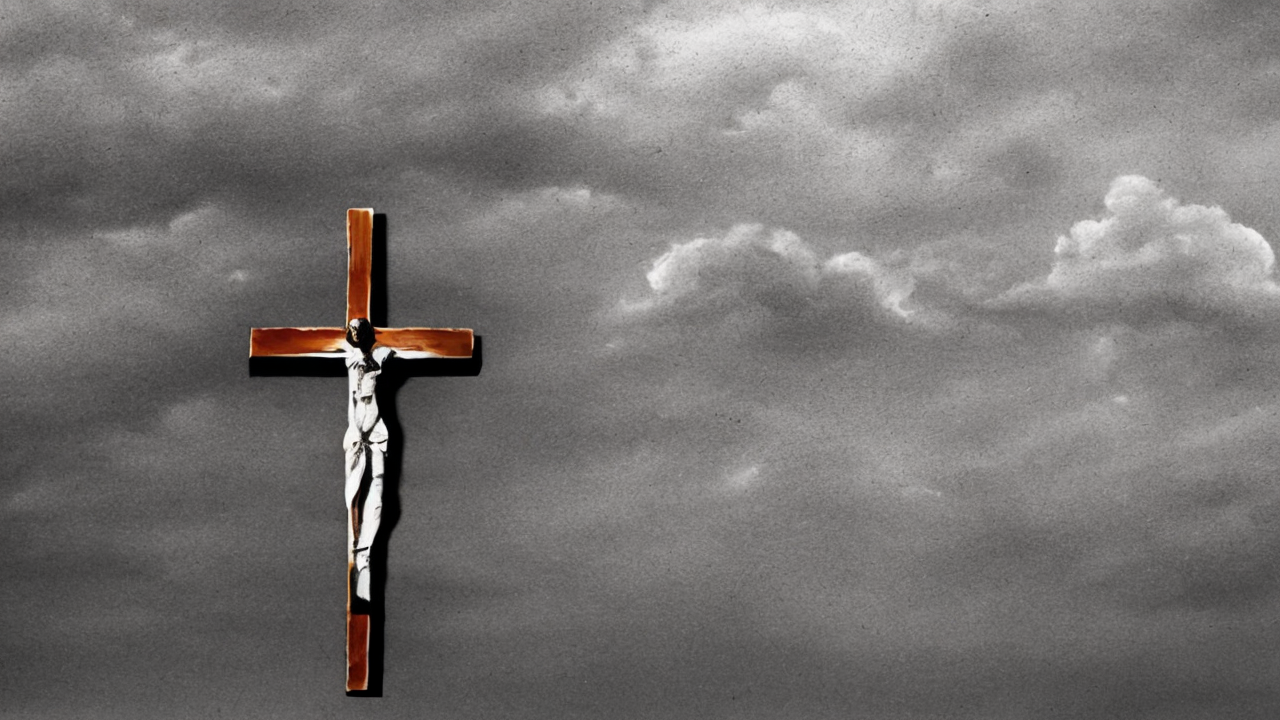
In Nigeria, Christian communities are enduring a brutal campaign of violence. Herders, extremist groups, and radical ideologies have led to the deaths of over 7,000 Christians in a single year. Churches are burned, families are displaced, and children are denied the right to learn in safe environments. Sharia law is being imposed in regions where it has no place in a pluralistic society. These are not isolated incidents—they are part of a broader pattern of targeted persecution that threatens not only faith but the very fabric of civil order.
Across the Atlantic, the West faces a different kind of challenge—one that is less visible but no less dangerous. In England and Wales, laws now criminalize peaceful prayer near abortion clinics. In France, church arson attacks have surged, with nearly 1,000 anti-Christian incidents reported annually. These are not mere acts of bigotry; they reflect a deeper shift in how public life is being shaped. When religious expression is treated as a threat rather than a contribution, when conscience is policed under the banner of “inclusion,” something essential is lost.
The response from political leaders has been slow, inconsistent, and often more performative than principled. Yet when President Trump called out Nigeria’s persecution and the State Department reclassified it as a Country of Particular Concern, it was a rare moment of clarity. It reminded the world that religious freedom is not a luxury—it is a necessity for any society that values justice, dignity, and peace.
But we must go beyond naming the problem. The deeper issue is not just the presence of violence or legislation that restricts worship. It is the quiet abandonment of the moral and cultural foundations that once sustained free societies. For centuries, Western nations were shaped by a shared understanding of human dignity, rooted in the belief that every person is made in God’s image. That belief informed laws, shaped education, and guided public discourse.
Today, that foundation is being replaced by a new orthodoxy—one that equates religious expression with oppression, and conscience with resistance. When schools ban religious symbols, when public employees are punished for holding traditional views, when prayer is deemed disruptive rather than unifying, we are not advancing freedom—we are replacing one form of tyranny with another. The state does not need to burn churches to silence faith. It can simply make it inconvenient, irrelevant, or invisible.
This is not about nostalgia. It is about reality. When a society removes the moral compass that once guided it, it begins to drift. Without a shared sense of right and wrong, without accountability to something greater than the self, institutions weaken, families fracture, and public trust erodes. The rise of radical ideologies in Europe is not a surprise—it is the logical outcome of a culture that has turned away from its roots.
True freedom is not the absence of rules. It is the ability to live according to one’s conscience without fear of retribution. It is the right to speak, to gather, to worship, to teach—even when others disagree. That right is not guaranteed by law alone. It is sustained by a culture that values truth, justice, and the common good.
We must defend religious liberty not because we wish to return to the past, but because we believe in a future where people can live with integrity. We must stand with Christians in Nigeria, not only because they are victims, but because their suffering exposes a universal principle: no one should be punished for their beliefs. We must also speak up in our own countries, not to impose faith on others, but to protect the space where faith can be lived, shared, and honored.
The future of our nation depends not on rejecting our past, but on reclaiming the values that made it strong. The rule of law, the protection of conscience, the dignity of the individual—these are not relics. They are the foundation of a free society. If we abandon them, we do not merely lose Christianity. We lose America.
Published: 11/10/2025


